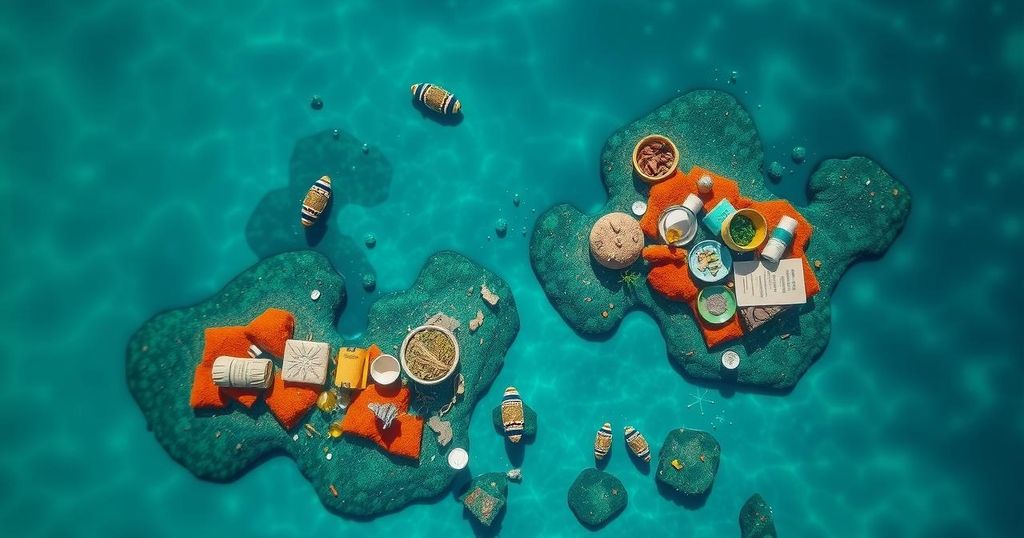Seychelles and Kenya Collaborate on Biological Risk Assessment Tool Development
Seychelles and Kenya are collaborating on Project 99 to create a biological risk assessment tool, supported by experts from various fields. A five-day workshop at the Savoy Resort focuses on identifying and mitigating biological risks. This initiative, part of a larger EU-funded project, aims to enhance preparedness for biological hazards over the next five years across eleven member states.
A collaborative initiative between Seychelles and Kenya is underway to develop a national biological risk assessment tool aimed at enhancing preparedness for biological incidents. This effort involves a workshop facilitated by 30 experts across various fields, including health and agriculture, hosted at the Savoy Resort and Spa in Beau Vallon, Seychelles. This project, part of the European Union’s CBRN and Centres of Excellence Project 99, seeks to identify and mitigate risks associated with biological threats over the next five years across eleven member countries.
The workshop emphasizes the importance of recognizing biological incidents that may arise from health, environmental, or agricultural sources. Seychelles’ representative, Dr. Jimmy Melanie, articulated the significance of mapping risks to enhance mitigation strategies. Participants are particularly focused on understanding potential threats from animal diseases, environmental toxins, and emerging infectious diseases, ensuring thorough preparedness for any future biological crises.
The training builds upon a previous session in Nairobi, where the national biological risk assessment tool was first introduced. The endeavor, funded by the European Commission and supported by UNICRI, aims to empower local authorities with critical data on biological risks. By the project’s conclusion in 2026, it is hoped that the countries will be equipped to effectively respond to biological threats informed by comprehensive risk assessments.
Experts are evaluating worst-case scenarios, including the potential for a pandemic, to enhance response strategies and stakeholder involvement. Emphasizing a ‘one health perspective’, the workshop promotes an integrated approach that recognizes the interconnections between human, animal, and environmental health. This work positions both Seychelles and Kenya to better manage biological risks and safeguard public health.
The developing biological risk assessment tool within Project 99 serves as an essential framework for Eastern and Central African countries to predict and manage potential biological incidents. Biological risks encompass a wide array of threats, including transmission routes for zoonotic diseases, environmental toxins, and other health hazards that may arise due to human activities or natural occurrences. Through workshops, training, and workshops, experts are improving their capacity to respond to such biological challenges.
The development of the biological risk assessment tool under Project 99 represents a significant step towards enhancing preparedness for biological incidents in Seychelles and Kenya. Through collaborative workshops and expert training, both nations aim to better identify and mitigate biological threats. As the project progresses until 2026, its ultimate goal is to equip local authorities and stakeholders with the knowledge and strategies required to safeguard public health effectively.
Original Source: www.seychellesnewsagency.com




Post Comment